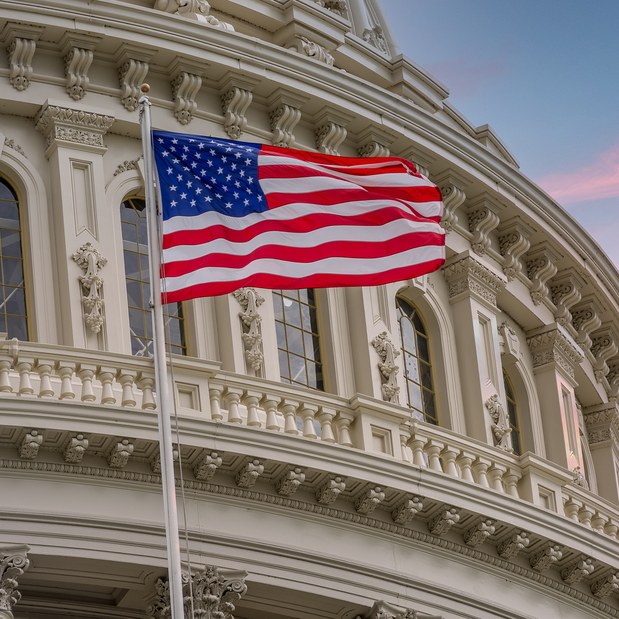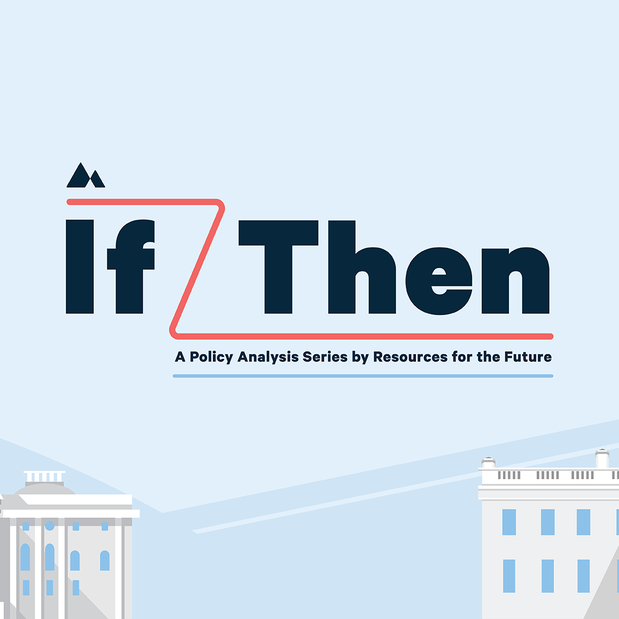Unearthing Climate Policy’s Economic Impacts
RFF’s If/Then policy analysis series provides insights into emerging and rapidly changing environment, energy, and climate-related policy actions.
RFF’s team of scholars are rising to meet the moment in the face of rapid policy changes in the United States.
Our Work So Far
Since RFF launched If/Then in early April, our researchers have worked to determine the economic impacts of climate and energy policy proposals.
“More than ever, decisionmakers and stakeholders across the policy landscape are looking for independent, expert views on the economic implications of policy actions.”
— Carlos Martín
Weeks after the launch, Margaret A. Walls, Senior Fellow and Director, Climate Risk and Resilience Program; and Senior Research Associate and GIS Research Coordinator Alexandra Thompson published “The Slippery Slope of Federal Land Sales.” Their takeaway: “If the US Congress authorizes the sale of federal public lands in the upcoming budget reconciliation bill, then the decision could irreversibly affect the US public land estate—and not solve housing affordability problems as some advocates claim.”
This analysis caught the attention of journalists and decisionmakers alike – Walls was invited by Senate Energy and Natural Resources members to provide a briefing. In subsequent weeks, the proposal to authorize the sale of public lands was removed from what became the One Big Beautiful Bill Act, H.B. 1.
In June, Beia Spiller, Fellow and Director, Transportation Program; and Joshua Linn, Fellow; released “Removing Federal Support for Electric Vehicles—Will It Help or Hurt Society?” Together, they found electric vehicle policy reversals would impose a $33-billion cost overall. “Reversing federal policy support for EVs may ease the federal balance sheet and boost gasoline vehicle production—but these potential benefits would come at a steep cost to not just our wallets, but also our plane,” they wrote.
In the six months since the beginning of RFF’s If/Then series, our scholars have helped to determine more holistic impacts of proposed policies and to parse out the jargon. We have:
- Posted more than 20 blogs, videos, and issue briefs (as of September 30);
- Contributed to more than 10 articles and citations, including the New York Times, NPR, Rolling Stone, the Washington Post, E&E News, Billings Gazette, and Medium;
- Reached over 1,000 people through our two webinars (with a third planned for early November);
- And been viewed online 34,000+ times.
As RFF continues to evaluate emerging policies and prepares our next If/Then webinar, we need your support. Please consider supporting our If/Then policy analysis series and the scholars who contribute to this rapid, rigorous research, by making a gift to RFF today.



